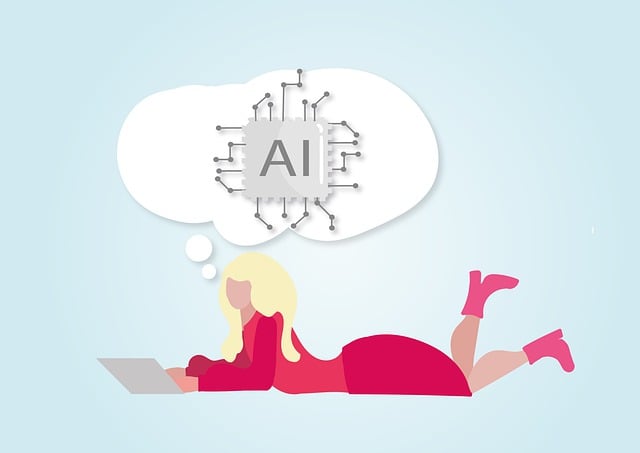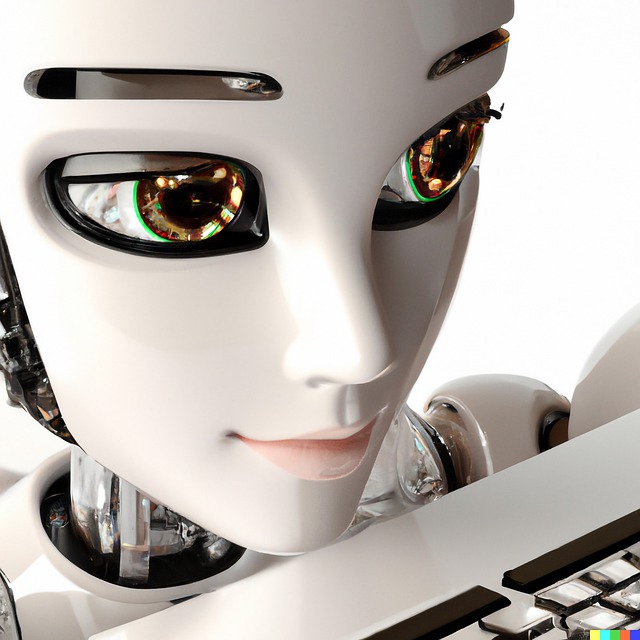For decades, artificial intelligence (AI) has been a topic of great interest and speculation. From its early days as a concept in science fiction, to its current applications in the real world, AI has been a source of fascination and innovation. Businesses of all sizes and industries are now exploring the potential of AI technology, and the possibilities are truly boundless.
The Benefits of AI
The potential of AI technology to revolutionize the way businesses operate is immense. AI-driven automation can reduce costs, improve efficiency, and increase productivity. AI can also be used to analyze data quickly and accurately, helping businesses to gain valuable insights into customer behavior and market trends. AI-driven automation can also reduce the need for manual labor, freeing up resources to focus on more strategic tasks.
AI and Machine Learning
AI and machine learning are closely related technologies. AI is the umbrella term for the development of computer systems that can perform tasks that normally require human intelligence. Machine learning is a subset of AI, and involves the use of algorithms to “learn” from data and draw conclusions from it. Machine learning algorithms can be used to identify patterns in data, which can then be used to make predictions and decisions.
The Impact on Businesses
The potential applications of AI and machine learning in business are vast. AI-driven automation can be used to streamline processes, reduce costs, and improve efficiency. AI-driven analytics can provide valuable insights into customer behavior and market trends, enabling businesses to make more informed decisions. AI-driven chatbots can provide customer service and support, freeing up resources to focus on more strategic tasks.
The Challenges of AI
Despite the potential of AI technology, there are still significant challenges to be overcome. AI algorithms are only as good as the data they are trained on, and the quality of the data can be difficult to assess. Additionally, AI algorithms can be prone to bias, and can be difficult to interpret and explain. Finally, AI algorithms can be computationally intensive and require significant resources to develop and maintain.
The Future of AI
As AI technology continues to evolve, the possibilities are truly endless. AI-driven automation will continue to revolutionize the way businesses operate, and AI-driven analytics will provide valuable insights into customer behavior and market trends. AI-driven chatbots will continue to provide customer service and support, and AI-driven algorithms will be used to identify patterns in data and make predictions and decisions.
Conclusion
AI technology has the potential to revolutionize the way businesses operate, and the possibilities are truly boundless. AI-driven automation can reduce costs, improve efficiency, and increase productivity. AI-driven analytics can provide valuable insights into customer behavior and market trends. AI-driven chatbots can provide customer service and support. Despite the challenges that still remain, the future of AI is bright and the possibilities are truly endless.










